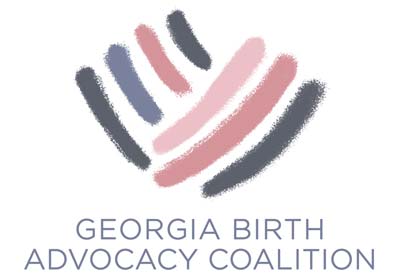Breastfeeding Rights in Georgia: What You Need to Know
It is now legal to publicly breastfeed in all 50 states, including Georgia. Yet it’s hard to go a week without hearing a frustrating tale of a breastfeeding parent shamed, humiliated, or asked to leave a business because she fed her child in public. Women have even been arrested for exercising their right to publicly feed their babies. And in 2011, the Georgia city of Forest Park attempted to criminalize breastfeeding toddlers in public, labeling nursing a sort of public nudity akin to adult entertainment. These attempts to shame people for breastfeeding inevitably follow a predictable pattern: A business or government attacks breastfeeding. Parents learn of the attack and leave negative reviews, contact leaders, and plan a nurse-in. Inevitably, the wrongdoer relents, makes a general statement asserting their commitment to breastfeeding, while still denying the egregiousness of their initial act.
So clearly, even though breastfeeding is protected under the law, it’s not nearly as safe as it should be. Here’s what you need to know about your Georgia breastfeeding rights.
Georgia Public Breastfeeding Law
Georgia’s law on public breastfeeding is short, simple, and has been in effect for more than 20 years. O.C.G.A. 31-1-9 reads as follows:
The breast-feeding of a baby is an important and basic act of nurture which should be encouraged in the interests of maternal and child health. A mother may breast-feed her baby in any location where the mother and baby are otherwise authorized to be.
This means that a business could not ask a woman to leave solely because she is breastfeeding. However, it could ask her to leave for some other reason, because then she would no longer be authorized to be there. So while there is significant protection, and most high-profile cases where a business has asked a nursing dyad to leave involve clearly illegal behavior, the law is pretty weak.
“The problem with Georgia’s law,” said civil rights attorney Jeff Filipovits, “is that it does not create a cause of action when a nursing person is asked to leave a business. This means that there is no mechanism through which a nursing parent can enforce the law. Put simply, you can’t sue solely because you are asked to leave a business. If, however, you were arrested, you would absolutely have grounds for a lawsuit.”
The law in Georgia offers some protection, but with no mechanism of enforcement, there’s no penalty for businesses who violate the law. That’s why public shaming, nurse-ins, and boycotts are so important—and potentially so effective.
Breastfeeding and Pumping at Work
Federal law protects the right of many mothers to pump breastmilk at work. “Generally speaking, under federal law, employers ‘shall’ (or must) provide ‘reasonable’ breaks to employees who ‘need to express breast milk,’ and provide a private location that is NOT a bathroom stall,” explained Atlanta employment lawyer Lisa Lambert.
However, the law limits protections to businesses with more than 50 employees, and to non-exempt workers. Smaller businesses can escape the law if they prove that compliance would prove a hardship. This leaves a lot of space for interpretation, and a lot of unprotected mothers.
“Georgia has a law similar to the federal law, but it is more aspirational, stating that the employer "‘may’ provide breaks and a private location,” added Lambert. “As always with the law, there’s a lot of nuance here. And discrimination for pumping at work may be a form of discrimination under the Pregnancy Discrimination Act.”
This means that women may have the right to sue when they face unfair treatment at work for pumping. The law is complex, though. Merely asserting that you have a “right” to do something is unlikely to be well-received by an employer, especially if they think they’re exempt under the law. So consult a lawyer if you think you’re being discriminated against. Many employment attorneys offer free consultations. Hiring a lawyer does not mean you have to sue, and a strongly worded letter may be all it takes to restore balance at work.

